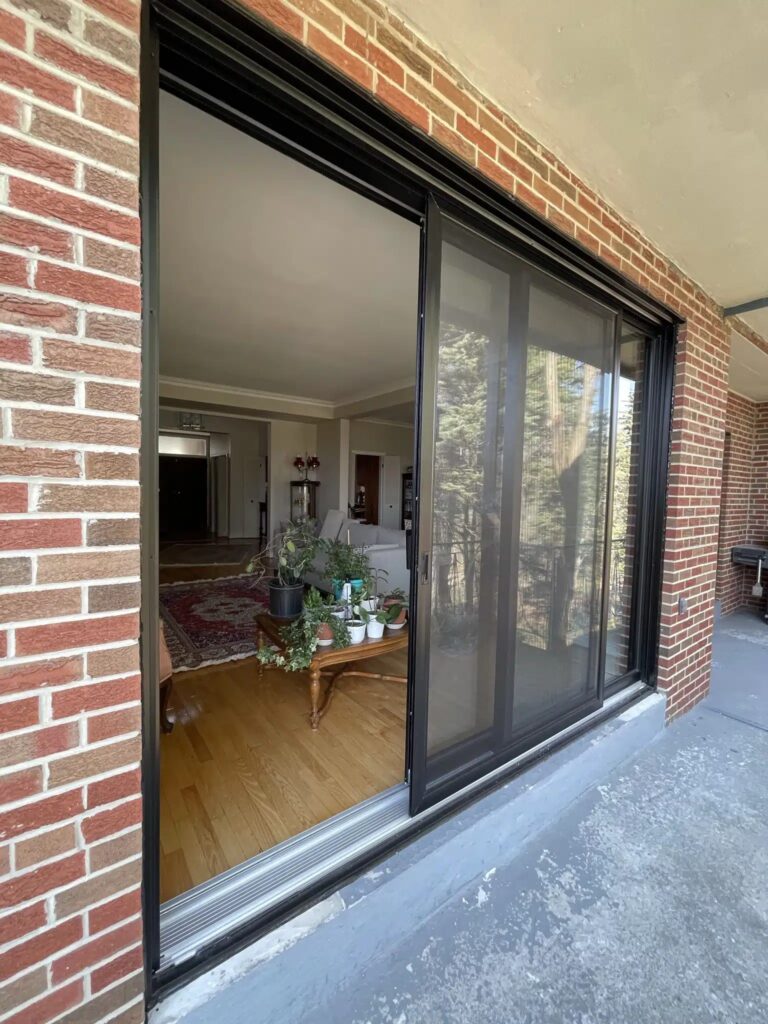So you’re thinking about upgrading to aluminum patio sliding doors. Good move. They’re sleek, they let in a ton of light, and they make indoor-outdoor living feel a whole lot easier. But before you dive in and place an order, there are a few things you should know—because not all sliding doors are created equal, and aluminum has its own quirks (good and bad).
Here’s what’s worth thinking about before you commit.
Start with why aluminum?
Aluminum’s been a go-to in modern home design for a while now, mostly because of how clean and minimal it looks. But it’s not just about style. It’s lightweight, corrosion-resistant, and super strong for its size—meaning the frames can stay thin while still holding big, heavy panes of glass.
That’s a big deal if you like uninterrupted views or that wide-open, wall-of-glass vibe. Wood can look great, but it’s heavier and not as structurally efficient. Vinyl’s fine, but not quite as sleek. Aluminum hits that sweet spot where it does the job and looks sharp doing it.

The insulation question
Now, here’s where some people get nervous—aluminum isn’t naturally the best insulator. Left on its own, it can let heat in during summer and out during winter. But modern aluminum sliding doors usually solve that with a little tech magic: thermal breaks.
A thermal break is basically a built-in layer that stops heat from transferring through the metal. If you’re in a climate that swings between hot and freezing (hello, Canada), make sure the door you’re looking at has this feature. It’s not just a buzzword—it actually helps.
Glass matters too
Since aluminum frames are so slim, the glass ends up doing most of the heavy lifting—both literally and in terms of performance. Double glazing is a must. Triple glazing is even better if you’re in a cold climate or just want the extra insulation and noise reduction.
And speaking of glass, think about what you want it to do. Want privacy? Go for frosted or textured. Want solar control? Look into low-E coatings. There’s no one-size-fits-all here—it depends on how your home is set up and what you’re looking for in terms of comfort.
Hardware makes a difference
One thing people sometimes overlook? The track and locking system. A sleek aluminum sliding door isn’t worth much if it doesn’t slide smoothly or doesn’t lock securely. Look for quality rollers (stainless steel is always a safe bet) and multi-point locks if security’s a concern.
Also, if this door’s going to be your main access point to the backyard or deck, you want it to feel solid every time you open and close it. No rattles. No sticking. Just that clean glide.
What’s the maintenance like?
Here’s some good news—aluminum sliding patio doors don’t ask for much. They don’t warp, they don’t rot, and the finish holds up pretty well. Every now and then you’ll want to clean the tracks (especially if you’re near trees or have pets), but otherwise? Low-key. A quick wipe with soapy water keeps the frame looking fresh.
If you’re near saltwater or have really harsh winters, you might want to check that the finish is powder-coated for extra durability. That’ll give it a longer life and help it resist corrosion.
Design-wise, they fit almost anywhere
Modern? Obviously. But they also work surprisingly well in more traditional spaces, depending on the finish. Black frames are super popular right now, but white or even bronze can work if you’re going for a softer or more classic look.
Aluminum’s flexibility means it plays nice with almost any kind of architecture. Just be sure to match your door with the rest of your windows, so it doesn’t look like an afterthought.
Last thing: measure twice, then again
Sounds obvious, but worth saying—measure carefully. Even though many aluminum sliding doors come in standard sizes, not every opening is standard. And if you’re replacing an older unit, chances are your frame may have shifted or settled a bit over time.
It’s also smart to check how the door will open in your space. Do you want the fixed panel on the left or right? Is there enough clearance for furniture? You’d be surprised how often people forget that part.

Comments